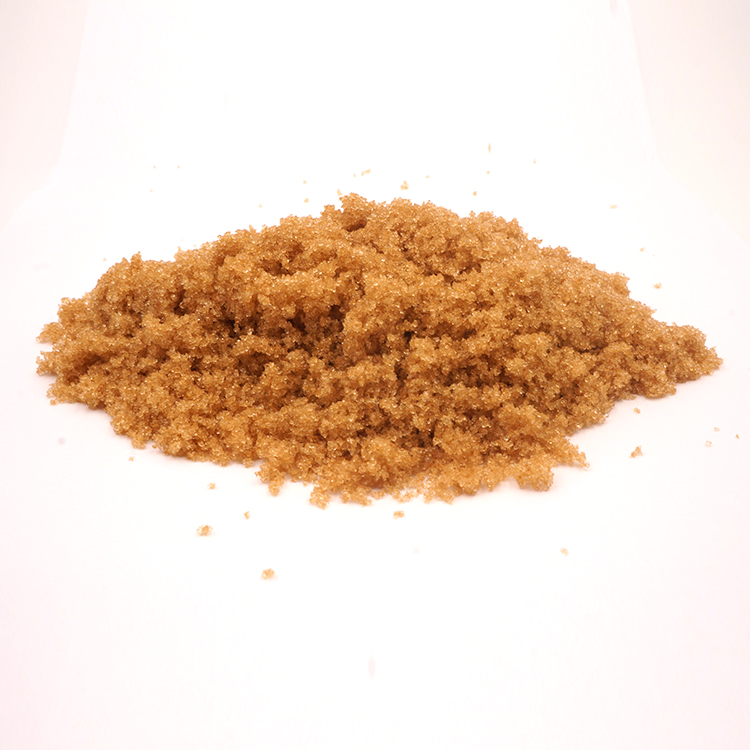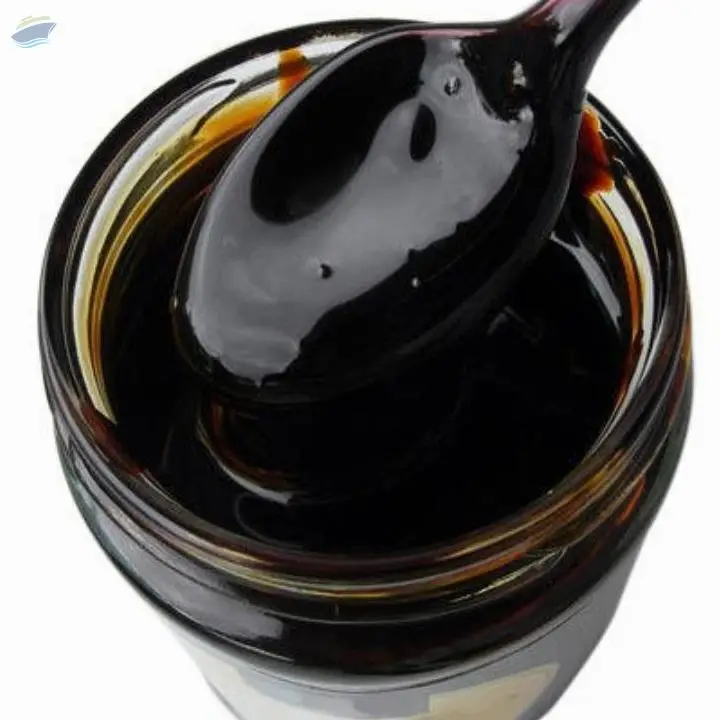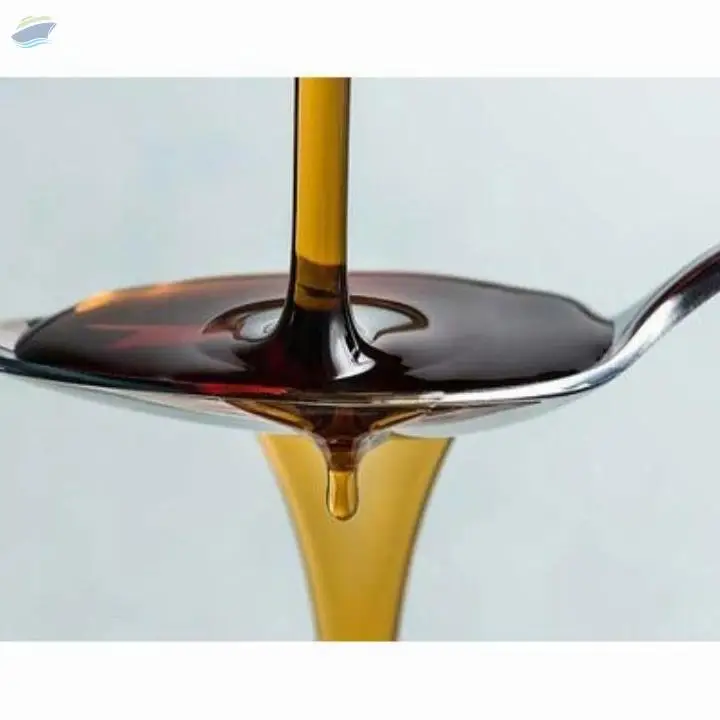Wholesale Sugarcane Molasses
Wholesale Sugarcane Molasses
Packaging & Shipping
Wholesale refine Sugarcane Molasses
Sugarcane molasses is a thick, syrupy byproduct of refining sugarcane into table sugar. Through several boilings and crystal extraction steps, various grades of molasses with unique flavors, colors, and nutritional profiles are produced. When used as an ingredient, molasses imparts a rich sweetness and browning properties to foods. It also serves as a cost-effective natural sweetener in its own right with applications across industries.
How Molasses is Made
Molasses is derived from crushing sugarcane to extract the juice, followed by boiling and crystallization to produce refined sugar. The leftover syrup is molasses. Here are the key production steps:
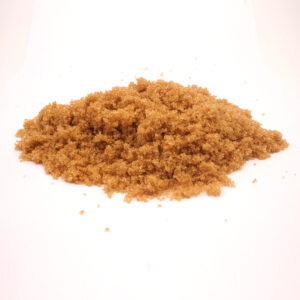 Wholesale Sugarcane Molasses
Wholesale Sugarcane Molasses
Sugarcane Crushing: Large mills shred and press fresh sugarcane to squeeze out the juice containing sucrose sugar.
Clarification – The cane juice is heated and lime added to raise the pH. This causes impurities like plant fibers to coagulate so they can be skimmed off, clarifying the juice.
Evaporation: The clarified juice is concentrated by boiling off water to produce a viscous syrup. This allows more efficient crystallization.
Crystallization: The syrup undergoes vacuum pan boiling to initiate sucrose crystal formation. The crystals are then centrifuged out.
Repeated Crystallization: The remaining syrup is re-boiled and recrystallized up to three times to remove the most sugar possible.
Separation: After final crystallization, the remaining dark, viscous molasses is separated from the sugar crystals.
Storage: The molasses is transferred to storage tanks before packaging.
Grades of Sugarcane Molasses
Based on when in the process it is extracted, and how much sugar is removed, there are several grades of cane molasses:
Light Molasses: From the first boiling and crystallization of sugarcane juice. It has a light aroma, sweet, delicate taste, and high sugar content.
Medium Molasses: From the second boiling batch. Flavor is more robust, viscous, and bittersweet. Popular for baking.
Dark Molasses – From the third boiling after maximum sugar removal. Very thick, intense flavor. Used mostly for animal feed.
Blackstrap Molasses: A fourth crystallization produces this very dark, concentrated molasses with the lowest sugar content. Provides unique properties.
Sulfured Molasses: Sulfur dioxide added as preservative. Necessary for some uses but gives slightly bitter taste.
Unsulfured Molasses: No sulfur allowing brighter, purer sugarcane flavor. Preferred for culinary uses.
Nutritional Composition of Wholesale refine Sugarcane Molasses
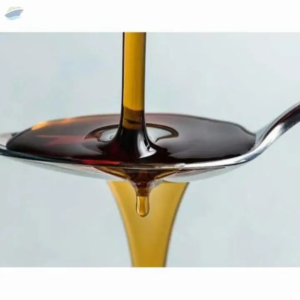 Wholesale refine Sugarcane Molasses
Wholesale refine Sugarcane Molasses
Molasses contains trace vitamins and minerals absorbed from the sugarcane plant. Approximate levels per 100g:
Carbohydrates: 60g
Calcium: 450mg
Potassium: 1464mg
Magnesium: 363mg
Iron: 11.92mg
Sodium: 28mg
It also contains antioxidants and has a moderate glycemic load. Quality and nutrition varies slightly by molasses grade.
Major Industrial Applications
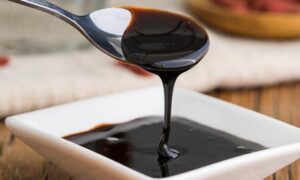 Wholesale Sugarcane Molasses
Wholesale Sugarcane Molasses
In manufacturing, molasses provides unique functional properties:
Ethanol Production: The sugars are fermented by yeast into ethanol for fuel, beverages, and more. Molasses is an economical feedstock.
Yeast Manufacturing: Molasses provides nutrients for culturing yeasts like baker’s yeast. The fermentable sugars support growth.
Citric Acid Production – Molasses serves as a substrate for fungal fermentation in citric acid biomanufacturing.
Rum Production – Molasses contributes flavor compounds during rum fermentation and distillation. Dark rums use blackstrap molasses.
Organic Acids – The sugars can also be microbially converted to lactic acid, acetic acid, and more.
Livestock Feed – Molasses adds palatability, vitamins, and energy to animal feeds. It binds ingredients and reduces dust.
Uses in Food Production
In food manufacturing, molasses imparts important properties:
Sweetening: Molasses provides cost-effective natural sweetness in baked goods, sauces, cereals, juices and more.
Flavor Enhancing: The rich, complex notes bolster flavors like gingerbread, barbecue sauce, baked beans, cookies, cakes.
Color Development: In baking, molasses aids Maillard browning. It also darkens sauces, seasonings, and confections.
Texture Improver – Molasses gives body and chewiness to cookies, granola bars, muffins, and breads.
Shelf Life Extension – The high sugar content acts as a natural preservative in certain products.
Moisture Control – Hygroscopic molasses helps retain moisture in baked goods and cereals.
Proper molasses grade selection allows tailoring sweetness, color, moisture, and flavor impact in finished foods.
Culinary Uses
Molasses brings its unique baking properties and sweetness to many recipes:
Gingerbread: The quintessential use, providing moisture, spice enhancement, flavor, and browning.
BBQ Sauce: Blackstrap molasses adds thick richness and tang.
Baked Beans: Molasses gives it the classic sweet-savory flavor.
Cookies: Chewy texture, caramel notes, and crisp edges.
Quick Breads: Boosts flavor and moisture in pumpkin, zucchini, and banana breads.
Marinades and Sauces: Provides body, sheen, and balancing sweetness.
Cakes and Cupcakes: Deepens color, retains moisture, adds richness.
Specifications
Key quality parameters when purchasing wholesale molasses sugarcane include:
Brix: Measurement of total dissolved sugars. Ranges from 70-85% typically.
Purity: Indicates % sucrose vs other sugars. Varies by grade from 20-40%.
Viscosity: Thickness of the molasses. Blackstrap is most viscous.
Color: Scaling from light to black based on processing stages.
pH: Ranges from 5.0-6.5. Lower pH indicates more acidity.
Ash: Mineral salts and other insoluble matter. Usually between 5-15%.
Heavy Metals: Iron, copper, lead, etc. Must meet food safety limits.
Sulfur Dioxide: Added as a preservative if not unsulfured. Limit < 70 ppm.
Microbiologicals: Presence of yeast, mold, bacteria etc.
Understanding specifications allows matching the optimal grade of molasses to each use. Proper handling and storage also maintains quality.
Our wholesale sugarcane molasses
| Volume | CIF Price per Metric Ton |
|---|---|
| 2x20ft Container (54 Metric Tons) | $580 USD |
| 4x20ft Container (108 Metric Tons) | $560 USD |
| 8x20ft Container (216 Metric Tons) | $540 |
| 16x20ft Container (432 Metric Tons) | $440 USD |
| 32x20ft Container (864 Metric Tons and above) | $410 USD |
Our available Wholesale Sugarcane Molasses Food Safety Documentations
- HACCP – Certifies implementation of hazard analysis critical control points protocols
- ISO 22000 – International food safety management system standard
- GMP – Good manufacturing practices compliance
- Kosher – Certifies food preparation complies with Jewish dietary laws
- Halal – Certifies food preparation complies with Islamic dietary laws
Sustainability:
- Bonsucro – Sustainable sugarcane production practices
- Organic – Certified organically grown sugarcane with restricted inputs
- Rainforest Alliance – Environmentally and socially sustainable agriculture
Quality:
- ISO 9001 – International quality management system standard
- SQF – Safe quality food program certification
- Gluten-free – Tested to verify no gluten containing ingredients
- Non-GMO – GMO-free agricultural practices verification
- RSPO – Roundtable on Sustainable Palm Oil standards
Many certifications are available to validate molasses quality, safety, sustainability and ethics. Buyers often require specific certifications.
With its versatility, cost-effectiveness, and natural sweet flavor, sugarcane molasses finds use across a wide range of food, industrial, and agricultural applications. Careful attention to quality and grade selection ensures optimal results. As consumer demand increases for clean-label ingredients, molasses provides an excellent natural solution.

